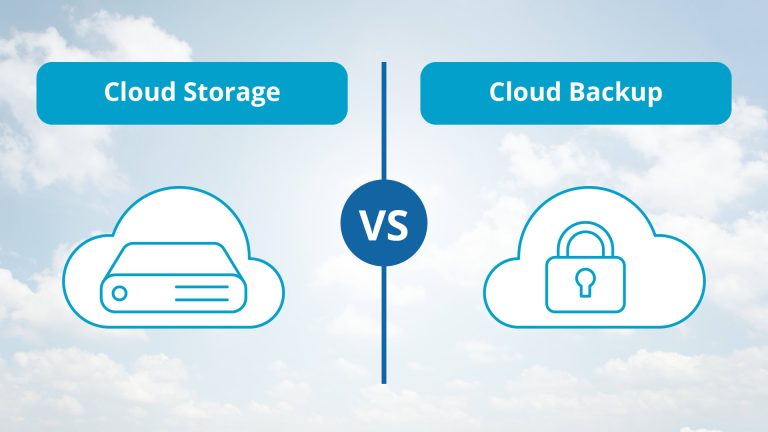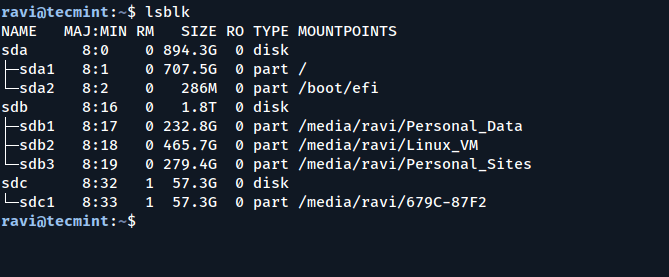Selecting the most suitable hosting infrastructure is a pivotal decision that can markedly influence the success of your business. The chosen hosting solution should not only ensure high performance but also provide consistent availability and robust support for your enterprise applications. Among the myriad options available, bare metal servers and private clouds stand out as prominent choices within the Infrastructure-as-a-Service (IaaS) offerings by providers like Fastdot. This article aims to provide a thorough comparison between these two options, outlining their respective advantages and disadvantages, to assist you in determining the most fitting solution for your business needs.
Bare metal servers are essentially physical servers assigned exclusively to a single client. These can be housed either on-premises or within a colocation facility. By dedicating all their computational power, bandwidth, and storage exclusively to one tenant, and foregoing any virtualization layer, these servers deliver exceptional performance and enhanced security, making them particularly suitable for critical enterprise applications.
Conversely, private clouds represent a virtualized hosting environment that maintains the exclusivity of single-tenancy. While they offer a level of security and performance comparable to bare metal servers, they also bring the added advantages of scalability and elasticity, essential features for handling variable workloads.
Delving into the specifics, the merits of bare metal servers include superior security, top-tier performance, and extensive customizability. However, they are not without drawbacks: the initial investment is significant, provisioning can be time-consuming, and once configured, these servers offer limited flexibility.

Private clouds, on the other hand, excel in providing dynamic scalability which enables swift adaptation to business growth or surges in demand. This flexibility, coupled with cost efficiency, makes them an attractive option for businesses anticipating expansion. Moreover, providers like Fastdot offer fully managed private cloud solutions, significantly diminishing the technical expertise required to maintain them.
Nevertheless, private clouds might provide lesser control over specific hardware and software setups, which could be critical for certain business operations.
When deciding between bare metal and private cloud hosting, it is crucial to consider several factors, including the nature of your expected workload, scalability needs, desired level of flexibility, and budget constraints. Bare metal servers are ideally suited for enterprises with steady, resource-intensive demands. Meanwhile, private clouds are more appropriate for businesses that experience fluctuating demands and require the ability to scale resources quickly and efficiently.
In summary, both bare metal and private cloud options offer secure and high-performance solutions for hosting enterprise applications. Should your business needs align with the benefits of a fully managed hosting environment, Fastdot’s VMware-powered private cloud plan represents an excellent choice, providing a dependable, secure, and scalable infrastructure solution.
Choosing the Right Hosting Infrastructure for Your Business: Bare Metal or Private Cloud?
In the dynamic world of enterprise IT, selecting the ideal hosting infrastructure is a pivotal decision that significantly impacts your business’s operational efficiency and scalability. Today’s market offers a range of hosting solutions, each with its own set of benefits and challenges. Among these, bare metal servers and private clouds stand out as prominent options for businesses seeking robust Infrastructure-as-a-Service (IaaS) solutions. This discussion aims to delineate the differences between these two types of hosting, helping you choose the best fit for your specific business needs.
Understanding Bare Metal Servers
Bare metal servers are physical servers dedicated entirely to a single tenant. This exclusivity ensures that businesses have full control over the server’s resources, including its computing power, storage, and bandwidth, without sharing them with other tenants. Typically located on-site or in a colocation facility, these servers provide a high level of performance and security, ideal for handling sensitive data and high-demand applications without the overhead of virtualization.
Advantages:
- High Performance: With dedicated resources, these servers handle heavy workloads efficiently.
- Enhanced Security: The absence of a multi-tenant environment minimizes the risk of cyber threats.
- Customizability: Hardware and software can be tailored to precise business requirements.
Disadvantages:
- Higher Costs: Initial setup and ongoing maintenance can be expensive.
- Longer Setup Times: Physical configuration and deployment take longer than virtual alternatives.
- Less Flexibility: Once set up, making changes to hardware configurations can be cumbersome.
Exploring Private Clouds
In contrast, a private cloud involves a virtualized environment where resources are dedicated to a single organization but are abstracted from physical hardware. This setup combines the security and performance benefits of a dedicated environment with the added advantages of virtualization, such as scalability and resource management.
Advantages:
- Scalability: Resources can be adjusted quickly to meet changing demands.
- Cost-Effectiveness: Virtual resources typically reduce the need for physical hardware investment.
- Management Ease: Many providers offer managed services that reduce the complexity of IT management.
Disadvantages:
- Less Control: Users might have limited control over the underlying physical hardware.
- Potential for Complexity: Managing virtual environments and ensuring performance can require advanced technical skills.
Making the Right Choice
The decision between bare metal servers and private clouds largely depends on your business’s specific requirements:
- Workload Characteristics: Consider whether your applications require the raw power and isolation of bare metal or the flexibility and scalability of a private cloud.
- Budget Constraints: Evaluate the total cost of ownership, including upfront investments and long-term operational costs.
- Growth Prospects: Assess whether your business is likely to need quick scalability in response to growth or varying workload demands.
Businesses with stable, predictable, and resource-intensive workloads may find bare metal servers more suitable, while those with fluctuating needs and growth ambitions might benefit from the scalability offered by private clouds.
Conclusion
Both bare metal servers and private clouds offer viable paths to hosting enterprise solutions, each aligning with different business strategies and goals. By carefully assessing your specific needs against the capabilities of each hosting type, you can make a well-informed decision that supports your business’s success in the competitive digital landscape. If a fully managed solution suits your operational model, considering a reputable provider like Fastdot’s VMware-powered private cloud can be a strategic move, ensuring reliability, security, and scalability in your hosting infrastructure.





